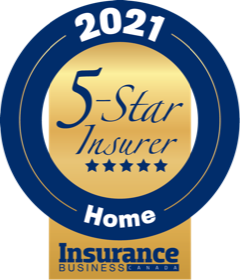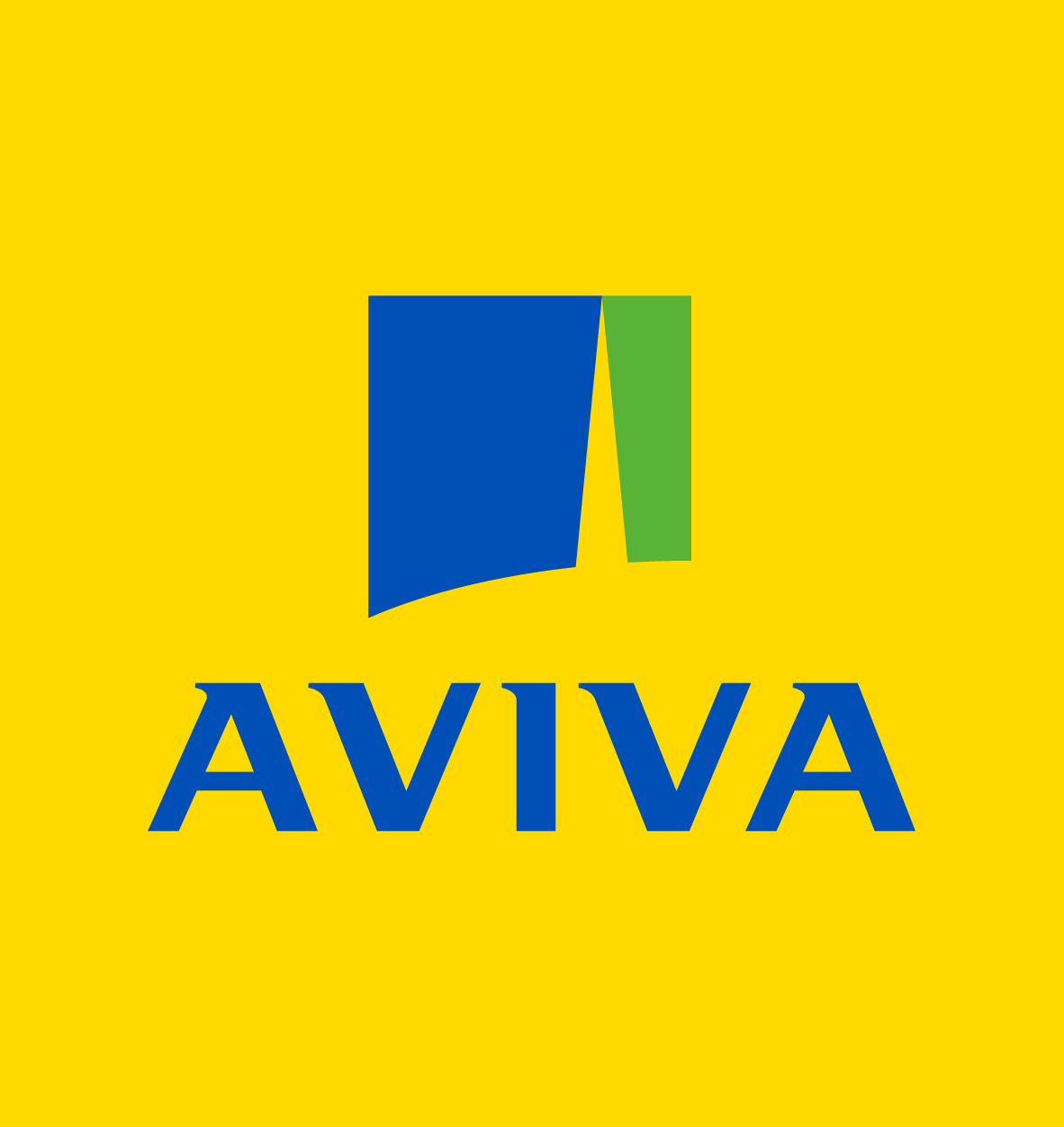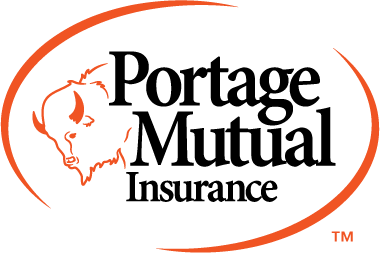
Best Home Insurance – Personal Liability
Canada’s Top Home Insurance Insurers
Be careful who you invite over to your house or apartment. If a guest inadvertently falls on your property and is injured, you might be held liable. Claims often include legal and medical. But personal liability coverage pays for claims of injury or property damage if you are deemed legally responsible. Unfortunately, personal liability coverage often doesn’t cover members or your own family. A typical policy offers a default coverage of approximately $100,000 and, with higher premiums be increased to $500,000 or more. Personal liability coverage differs from general liability insurance in that the latter covers accidents that happen on someone’s business property.
5-Star Excellence Awards
- Chubb
- Intact
- Red River Mutual
- Saskatchewan Mutual Insurance
- Wawanesa
What does personal liability mean in home insurance?
Personal liability insurance is a financial safety net for homeowners and their families. As part of a homeowner’s insurance policy, this type of coverage can help pay for claims of property damage and bodily injury. In cases where a person trips down the stairs or a child breaks a neighbour’s window with a ball and, say, a pricey vase, the homeowner may be held responsible for the damages.
Usually, a homeowner’s policy provides $100K minimum in personal liability coverage. That means the insurer could pay up to that total cost for injuries per incident. Higher limits can be purchased if the homeowner thinks he or she need more protection. There are also umbrella policies available that enable the insured to extend their coverage beyond their primary liability policy.
What does personal liability cover?
Personal liability insurance can cover many different circumstances where the homeowner could be legally responsible for the costs of an incident or injury to another person on their property or, in other situations, on property the homeowner does not own. Examples of some of the more standard personal liability claims are as follows: medical bills that have resulted from a visitor being injured at the homeowner’s house; legal expenses because of lawsuits seeking to recoup damages that could be covered by the policy; property damage or bodily injury resulting from the homeowner’s negligent omissions or actions; and property damage or bodily injury that was caused by the homeowner’s pets.
Medical payments to others are another kind of personal liability coverage that is usually included in a homeowner’s policy. Regardless of whether a homeowner is legally responsible, standard policies provide payments of required medical expenses for people that are accidentally injured on the homeowner’s property.
What is not covered by personal liability insurance?
While homeowners’ or renters’ insurance may cover certain types of personal liability claims, other claims could not be covered. The most common examples could include the following: liability resulting from a car crash, which could be covered by car insurance; property damage or bodily injury intentionally caused by the homeowner or a member of the family; damages or injuries sustained by the homeowner or other residents of the home who are covered; and property damage or bodily injury resulting from business done by the homeowner or coming from his or her business-related activities, which would likely be covered by a business insurance policy.
What is the difference between personal liability and personal injury?
Personal liability property damage and bodily injury sustained by someone that the homeowner or their family is responsible legally. For instance, a guest tripping on the insured’s house steps and sustaining an injury. Personal injury, on the other hand, covers incidents outside of property damage and bodily injury, including invasion of privacy; slander; libel; wrongful eviction; false arrest, imprisonment, or detention; and malicious prosecution.
More than physical injury, personal injury tends to cover psychological- or a mental-based claim, like, for instance, if a person is denied a property rental due to their race or a student insults a classmate in a way that is mentally damaging. Furthermore, personal injury coverage is never included in a homeowner’s policy and, to provide coverage, has to be ‘endorsed’ to the policy.
What is personal excess liability insurance?
Otherwise called ‘umbrella protection,’ personal excess liability insurance expands liability protection past what is in homeowners, boat, and auto insurance. Worldwide coverage limits can reach close to $50 million. Here are four examples of personal excess liability coverage:
Bodily injury/property damage. This type of coverage can apply when a homeowner is liable for a guest being injured on his or her property.
Personal injury. Often confused with personal liability, personal injury coverage can apply to incidents like lawsuits that include bodily injury due to negligence, slander, or libel.
Defense costs. Whether or not a lawsuit has any grounds, is fraudulent, or false, this coverage includes costs to defend, legal counsel and other incurred expenses. Typically, there is no cap on defense cost coverage.
Excess uninsured/underinsured motorists protection. This covers up to $1 million in excess UM/UIM coverage providing benefits to the insured’s and the insured’s passengers, if involved in an crash with an underinsured or uninsured driver.
How much personal liability coverage do you need?
Typically, homeowners’ policies include $100K-$300K in personal liability coverage. While it is difficult to conceive of using a policy limit more than $300K, it could happen. An instance of this may be a homeowner’s child burning down a neighbour’s house accidentally. Such a case would cost much more than $300K in personal injury claims and property damage, and likely would wipe out the average person’s whole net worth, including assets, home equity, and savings.
A good way to calculate the proper amount of personal liability, the homeowner should consider his or her future earnings, whether they own more than one residence, and if they have teens, who might qualify as a high risk for damages. Depending on which assets the homeowner needs to protect, it might be more beneficial to add umbrella insurance coverage, otherwise known as excess liability.
Keep up with the latest news and events
Join our mailing list, it’s free!




